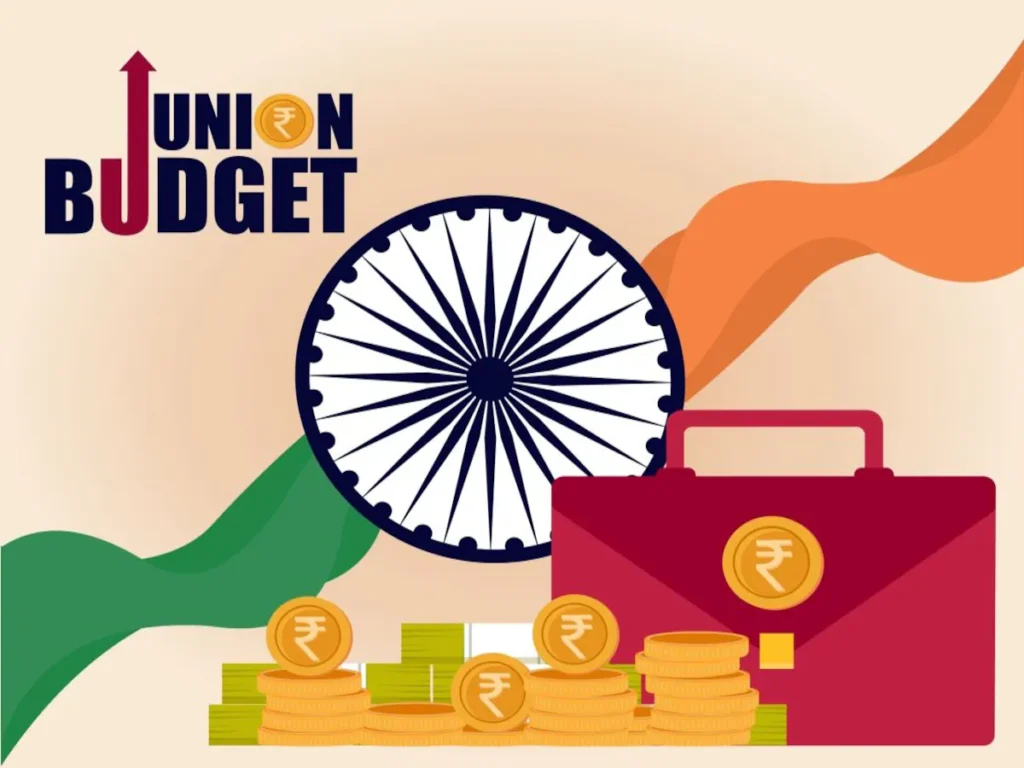Budgeting for Beginners: Take Control of Your Money
In today’s fast-paced world, managing money wisely is more important than ever. Whether you’re a student, working professional, or homemaker, having a budget helps you understand where your money goes—and how to keep more of it. Here’s how you can get started with budgeting as a beginner.
What Is a Budget?

A budget is simply a plan for how you will spend your money each month. It helps you balance your income with your expenses, so you don’t spend more than you earn. Budgeting can help you reduce debt, increase savings, and achieve your financial goals faster.
Why Budgeting Matters

Without a budget, it’s easy to overspend without realizing it. A good budget:
Tracks your income and expenses
Helps you avoid unnecessary purchases
Builds savings for emergencies or future goals
Reduces financial stress
Steps to Create Your First Budget
Know Your Income: Start by calculating your total monthly income (salary, side hustle, etc.).
List Your Expenses: Write down all your monthly expenses, including rent, groceries, bills, transport, entertainment, and savings.
Categorize Needs vs. Wants: Identify which expenses are essential and which can be reduced.
Set Spending Limits: Allocate a specific amount for each category. Use the 50/30/20 rule as a guide (50% needs, 30% wants, 20% savings).
Track & Adjust: Use a notebook, spreadsheet, or budgeting app to track your spending. Adjust the plan as needed each month.
Tips for Success
Always pay yourself first—save before you spend.
Cut back on small, frequent expenses like takeout coffee or subscriptions.
Set realistic goals and reward yourself for sticking to your budget.
Conclusion
Budgeting may sound boring at first, but it’s a powerful tool to build financial freedom. With consistency and discipline, anyone can take control of their money and achieve peace of mind. Start today—your future self will thank you!
